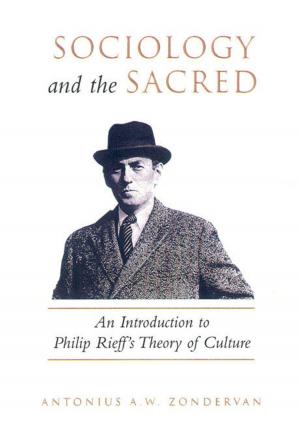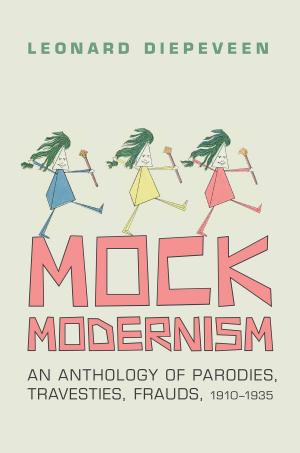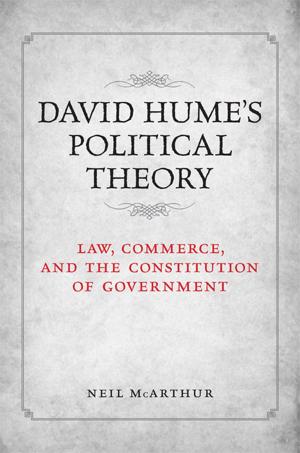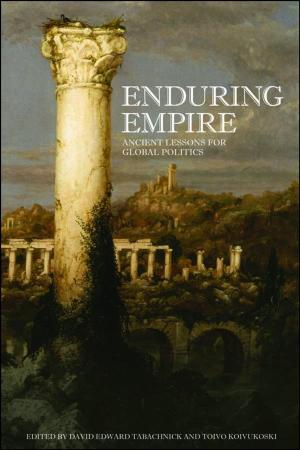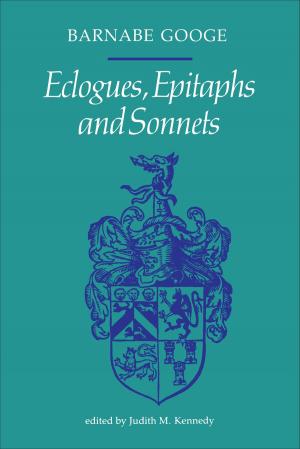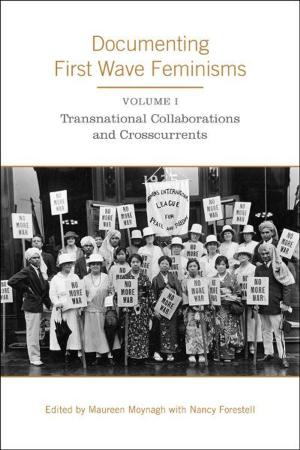| Author: | Bernard Lonergan | ISBN: | 9781487516444 |
| Publisher: | University of Toronto Press, Scholarly Publishing Division | Publication: | September 18, 2017 |
| Imprint: | Language: | English |
| Author: | Bernard Lonergan |
| ISBN: | 9781487516444 |
| Publisher: | University of Toronto Press, Scholarly Publishing Division |
| Publication: | September 18, 2017 |
| Imprint: | |
| Language: | English |
Method in Theology stands with Insight as Bernard Lonergan’s most important work. It is Lonergan’s answer to those who would argue that in this time of cultural change and dissolution, the believer is afloat on a sea of multiplying theologies, without rudder or compass. Lonergan was resolute in his refusal to be defeatist on this point. While agreeing that theology must continually change to mediate between religion and culture, he worked out an integral method to guide and control this ongoing process. Method in Theology is the fruit of this labour.
This critical edition has benefited from extensive research into Lonergan's typescripts and from consulting the recordings from several institutes where he lectured over the course of the work’s development. Lonergan's intention was to provide a set of methods that would guide a collaborative community in the ongoing construction of a theology that would move from recovery of the data through resolution of conflicts to contemporary formulations and applications. With this work, the cognitional theory of Insight: A Study of Human Understanding underwent a surprising set of developments in the form of what he calls functional specialization.
Method in Theology stands with Insight as Bernard Lonergan’s most important work. It is Lonergan’s answer to those who would argue that in this time of cultural change and dissolution, the believer is afloat on a sea of multiplying theologies, without rudder or compass. Lonergan was resolute in his refusal to be defeatist on this point. While agreeing that theology must continually change to mediate between religion and culture, he worked out an integral method to guide and control this ongoing process. Method in Theology is the fruit of this labour.
This critical edition has benefited from extensive research into Lonergan's typescripts and from consulting the recordings from several institutes where he lectured over the course of the work’s development. Lonergan's intention was to provide a set of methods that would guide a collaborative community in the ongoing construction of a theology that would move from recovery of the data through resolution of conflicts to contemporary formulations and applications. With this work, the cognitional theory of Insight: A Study of Human Understanding underwent a surprising set of developments in the form of what he calls functional specialization.

